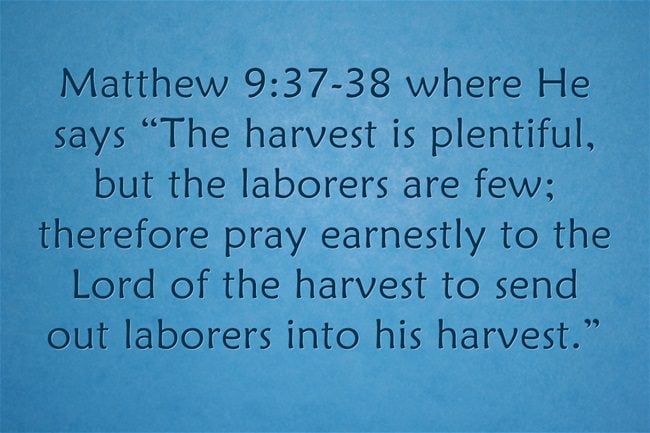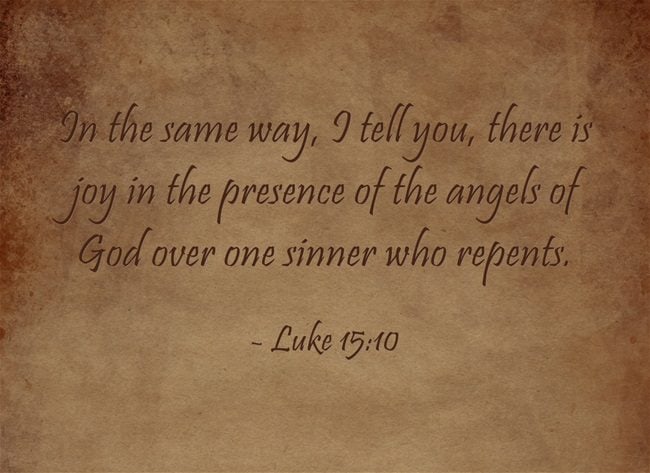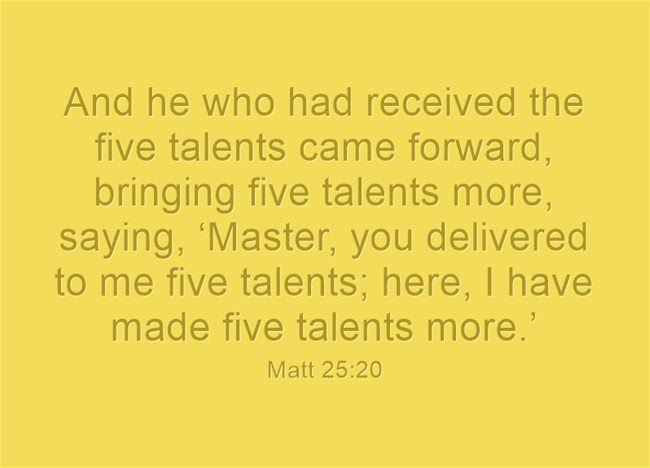Jesus’ Parable of the Workers or Laborers in the Vineyard has meaning that some may miss. What is Jesus trying to teach us in this parable?
Jesus’ Use of Parables
Jesus often uses parables to reveal what the kingdom of heaven is like. He portrays how one enters the kingdom and who the different characters are. In this Parable of the Laborers or Workers in the Vineyard, there are things that He tells the disciples and us about the grace of God and that God is always more than fair. Here is a discussion on this parable and what Jesus means in giving it.
The Kingdom of Heaven is Like
The parable begins by showing what the kingdom of heaven is like and how one enters the kingdom. In Matthew 20:1-7 He says,
“For the kingdom of heaven is like a master of a house who went out early in the morning to hire laborers for his vineyard. After agreeing with the laborers for a denarius a day, he sent them into his vineyard. And going out about the third hour he saw others standing idle in the marketplace, and to them he said, ‘You go into the vineyard too, and whatever is right I will give you.’ So they went. Going out again about the sixth hour and the ninth hour, he did the same. And about the eleventh hour he went out and found others standing. And he said to them, ‘Why do you stand here idle all day?’ They said to him, ‘Because no one has hired us.’ He said to them, ‘You go into the vineyard too.”
The master of the house would seem to be God and the vineyard is the place where those servants who have been called to work for the master as laborers will enter into the work. The laborers are those who have been called and saved by God. They enter into the work or their calling by God under the guidance of the master, which is Jesus Christ. In another place in the Scriptures, Jesus uses this symbolism of believers being used by God to labor for the Lord as in Matthew 9:37-38 where He says “The harvest is plentiful, but the laborers are few; therefore pray earnestly to the Lord of the harvest to send out laborers into his harvest.” There is also another angle in this parable. When vineyard laborers enter into the harvest, they are entering into a vineyard looking for those who bear fruit which Jesus says that those who are the children of God will be the only ones bearing fruit, showing those who are truly saved and those who are not (John 15). Jesus says in fact “You will recognize them by their fruits” (Matt 7:16).
Laborers Receive their Pay
In Matthew 20:8-13 Jesus says
“And when evening came, the owner of the vineyard said to his foreman, ‘Call the laborers and pay them their wages, beginning with the last, up to the first.’ And when those hired about the eleventh hour came, each of them received a denarius. Now when those hired first came, they thought they would receive more, but each of them also received a denarius. And on receiving it they grumbled at the master of the house, saying, ‘These last worked only one hour, and you have made them equal to us who have borne the burden of the day and the scorching heat.’ But he replied to one of them, ‘Friend, I am doing you no wrong. Did you not agree with me for a denarius?”
When the work is over the laborers see that the last were paid first and they were paid one days wages which is what a denarius is equal too so the laborers who worked the longest expected more pay than those who entered into the work late in the day. When the master of the house paid the ones who worked longer the same wages as the ones who came late in the day they grumbled at the master of the house. They complained “These last worked only one hour, and you have made them equal to us who have borne the burden of the day and the scorching heat” but was the master unfair? No, he says “Friend, I am doing you no wrong. Did you not agree with me for a denarius?” Is this a reflection of the attitude of those who have labored longer for the Lord? Was the master fair? Yes, he did what he had agreed to do with them at the beginning of the day so he was not wrong to do whatever he had the right to do.
The Last Shall Be First
In the conclusion of this parable the master says “Take what belongs to you and go. I choose to give to this last worker as I give to you. Am I not allowed to do what I choose with what belongs to me? Or do you begrudge my generosity?’ So the last will be first, and the first last.” The master is telling the grumbling workers that he has every right to reward those in the way that he sees fit. He did what he had promised. No Christian has any right to feel jealous of what God has given to other believers, even if it’s late in their life. God is generous to all who He saves and if others believe He is overpaying those who enter the kingdom’s work later then that shows that they are questioning the master of the house…or God Himself. The first being last and the last being first may be Jesus’ way of saying that whatever time a person comes to saving faith, they all will receive the same wages…since the wages of sin is death (Rom 6:23a), the wages of repentance and trust in the Savior is eternal life (Rom 6:23b). The thief on the cross will receive the same reward of eternal life as those who labored for the Lord most of their lives. This doesn’t mean that they will receive the same rewards once they enter the kingdom since some will be given more responsibility and authority than others but all who trust in Christ will receive the same reward…eternal life.
Conclusion
No one will be cheated. If someone complains or grumbles because someone else didn’t come to saving faith until late in life then they show that they truly don’t understand the grace of God. Everyone who is saved should be eternally grateful for the grace of God that spared them…even if it was early in life. We should rejoice as heaven does when one sinner, no matter what time that is, comes to saving faith. I remember leading a man to saving faith in Christ on his deathbed. I didn’t know that after I shared the gospel of Jesus Christ that this man would die only 3 days later. When someone said that they didn’t have to bear their cross for a lifetime I said, you should thank God that you were saved at all instead of thinking that God’s not fair. The fact that any of us were saved, no matter what age, should make us exceedingly grateful to the master of the house for paying for our redemption at the expense of His own life. None of us deserved that!
Another Reading on Patheos to Check Out: What Did Jesus Really Look Like: A Look at the Bible Facts
 Article by Jack Wellman
Article by Jack Wellman
Jack Wellman is Pastor of the Mulvane Brethren church in Mulvane Kansas. Jack is also the Senior Writer at What Christians Want To Know whose mission is to equip, encourage, and energize Christians and to address questions about the believer’s daily walk with God and the Bible. You can follow Jack on Google Plus or check out his book Blind Chance or Intelligent Design available on Amazon












